It takes just 2 cells to make a human being. Two cells and a miracle.
In 9 months, the parent’s cells blossoms into billions. Where once was nothing, is now a tiny human, gently nestled in mother’s womb. Together, mother and child share this odyssey of life and with nurturance and rapid change, you and your spouse will embark on this magnificent adventure called pregnancy.
But pregnancy is not all rosy and sunny. During these 9 months, your wife may be experiencing some dramatic physical and emotional changes.
Prep and familiarize yourself with some of the changes, so that you will not be too alarmed, and be her pillar of support when these changes occur.
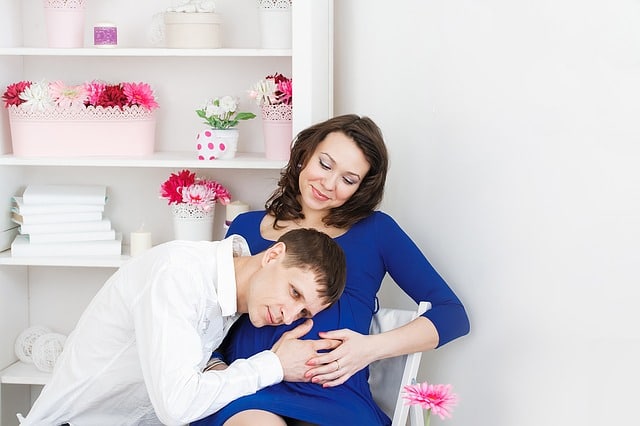
FIRST TRIMESTER
- Nausea, gassiness and bloatedness
Due to the effects of pregnancy hormones, intestinal motility slows down and pregnant women often feel full bloated.
- Sex during pregnancy
Many people worry that sex is unsafe during pregnancy. As a general rule, avoid sex if there is any vaginal bleeding. Consultation with the obstetrician is essential to rule out more serious causes.
- Mood Swings
Changing hormone levels and other physical changes going on during pregnancy and this sometimes makes it harder to predict how your partner is feeling.
SECOND TRIMESTER
- Larger breasts
Due to stimulation by estrogen and progesterone, milk-producing glands get larger during the second trimester. Nipples may remain tender during the second trimester.
- Growing belly
As uterus expands, the abdomen expands to make room for baby. Your wife might gain 1.4 to 1.8kg a month until delivery.
- Contraction pains
Also known as Braxton Hicks contractions, this womb hardening comes and goes infrequently. However, if the pain is recurring, preterm labor needs to be excluded by the obstetrician.
- Skin changes
Dark lines along the middle part of the abdomen and darkening of the skin around the inner thighs and breasts start to appear. Facial pigmentation may also occur due to hormonal influence. Stretch marks, due to baby and expanding womb stretching on the abdominal skin also start to become more obvious in the second trimester.
- Leg cramps
Commonly occurs especially in the morning upon waking up. A possible reason being fluid accumulation in the lower limbs. Elevating the legs with a pillow and massage may provide some relief.
- Shortness of breath
Breathing becomes faster during pregnancy to increase the supply of air to the developing fetus through the placenta.
- Vaginal discharge
There may be an increase in the amount of thin white watery discharge. However, if the discharge is abnormal, causing itch, burning sensations and irritation, it may indicate a vaginal infection.
- Urinary tract infections
Hormonal changes cause alteration of urine flow and predisposition to urinary tract infections. Untreated infections may increase risk of pregnancy complications such as preterm labor.
THIRD TRIMESTER
- Increasing breast size
As delivery approaches colostrum may start leaking from the nipples.
- Weight gain
The amount of weight gained may increase up to between 11-16kg. Part of the weight gain is shared between baby, placenta, liquor, fat stores, breast tissue and increased blood and fluid volume.
- Contraction pains
Nearing due date there may be an increasing tightening of the womb and if it is occurring at a regular and frequent intervals, labor may be imminent.
- Shortness of breath
The expanding womb and baby exerts pressure onto the diaphragmatic muscles and causes shortness of breath. This symptom typically becomes better as the baby descends into the pelvis, a process called engagement.
- Leg swelling
The growing uterus puts pressure on the veins that return blood from the feet and ankles.
- Varicose veins and spider veins
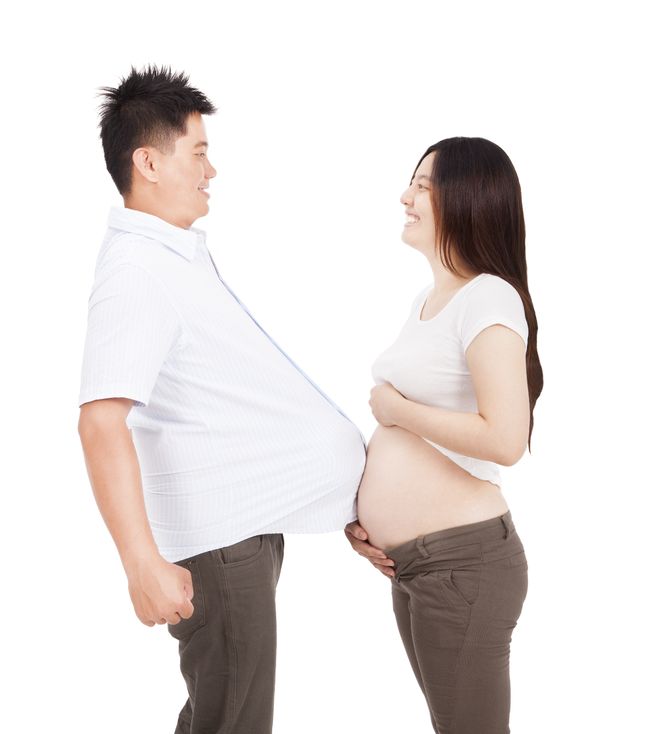
What daddies can do just before delivery:
- Tour the hospital and familiarize with the facilities
- Complete pre admission paperwork
- Prepare a car seat for baby and install in the vehicle
- Bring along the birth plan
- Bring enough cash and credit cards necessary for payment of hospital deposit and late night vending machine trips.
- Prepare a hospital bag containing all the necessities and camera for the important moments.
- Have a list of contact information on people whom you would want to share your joy with.
How Husbands Can Help During Labor
It is important to be supportive and stay calm. Some things that you can do include watching a movie together, time a contraction from beginning to next, massage or apply pressure to her back to help relax her. Remind your partner to breathe. Slow deep breathing can be relaxing. Encourage her during the pushing stage. It can be an emotional roller coaster but ends at a high point when you see your baby born.
After delivery – the postpartum period
Typically your partner will stay in the hospital for a couple of days after childbirth. When she is discharged from the hospital, be sure to have a car seat ready. And don’t forget to lend a hand with changing your baby’s diapers, burping and rocking your baby to sleep after feeding.
This article was first published in The New Age Parents e-magazine.
By Dr Ben Choey, Specialist in Obstetrics and Gynaecology
A gynaecologic surgeon who has been committed to women’s health for more than 10 years, Dr Choey obtained his Master of Medicine (O&G) and became a member of the Royal College of Obstetricians and Gynaecologists (United Kingdom) in 2007. He was also appointed Clinical Tutor in Yong Loo Lin School of Medicine and Duke-NUS Graduate Medical School
*Update: Dr Ben Choey is no longer with SBCC Women’s Clinic
* * * * *
Like what you see here? Get parenting tips and stories straight to your inbox! Join our mailing list here.
Want to be heard 👂 and seen 👀 by over 100,000 parents in Singapore? We can help! Leave your contact here and we’ll be in touch.





































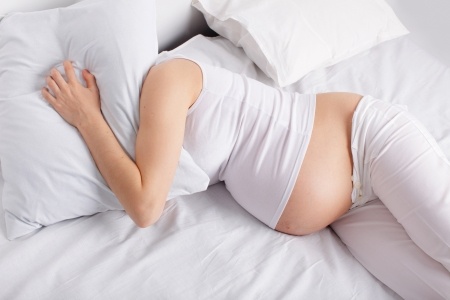
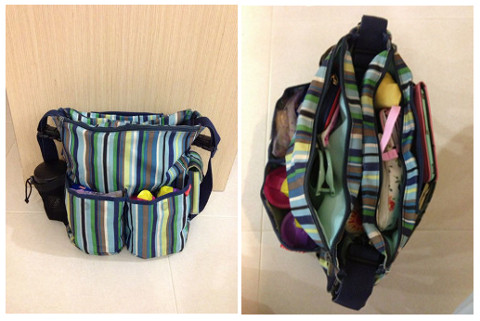
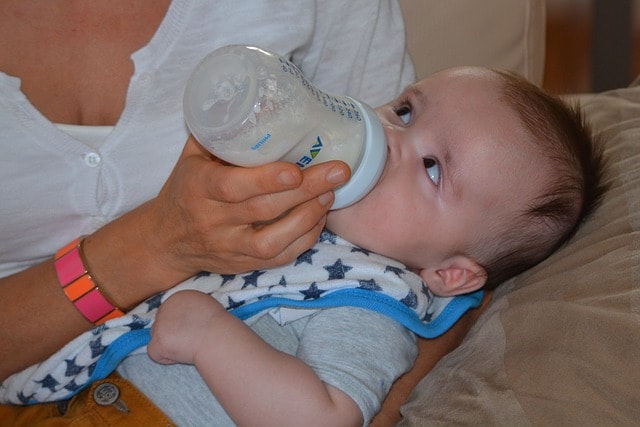


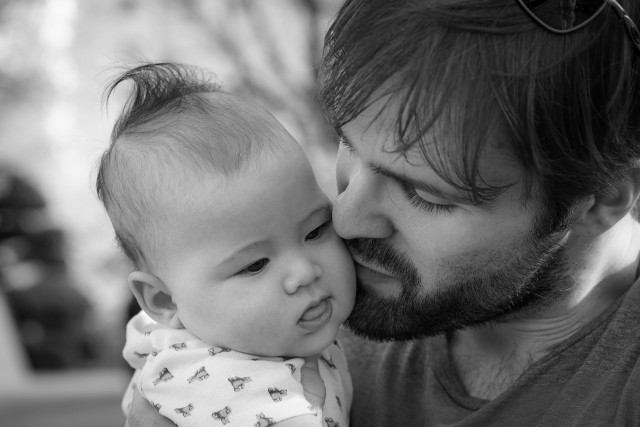



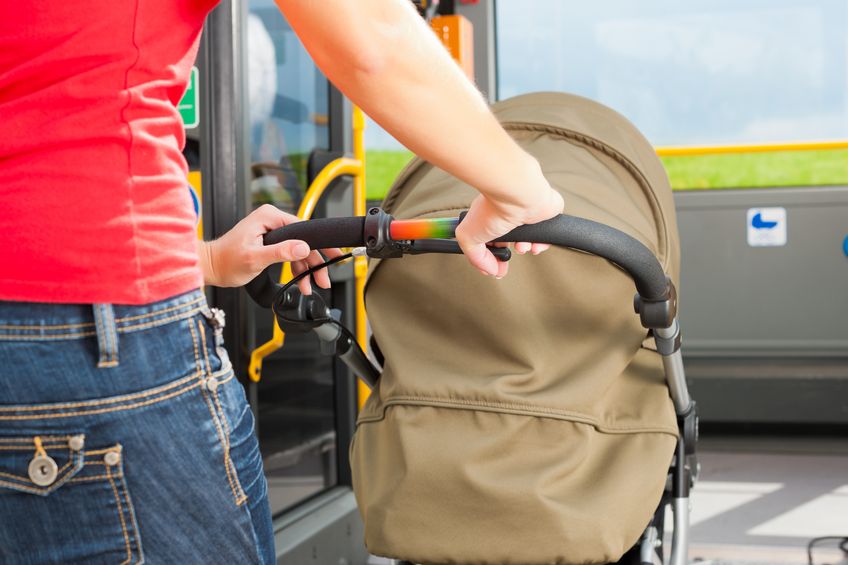










Leave a Comment: